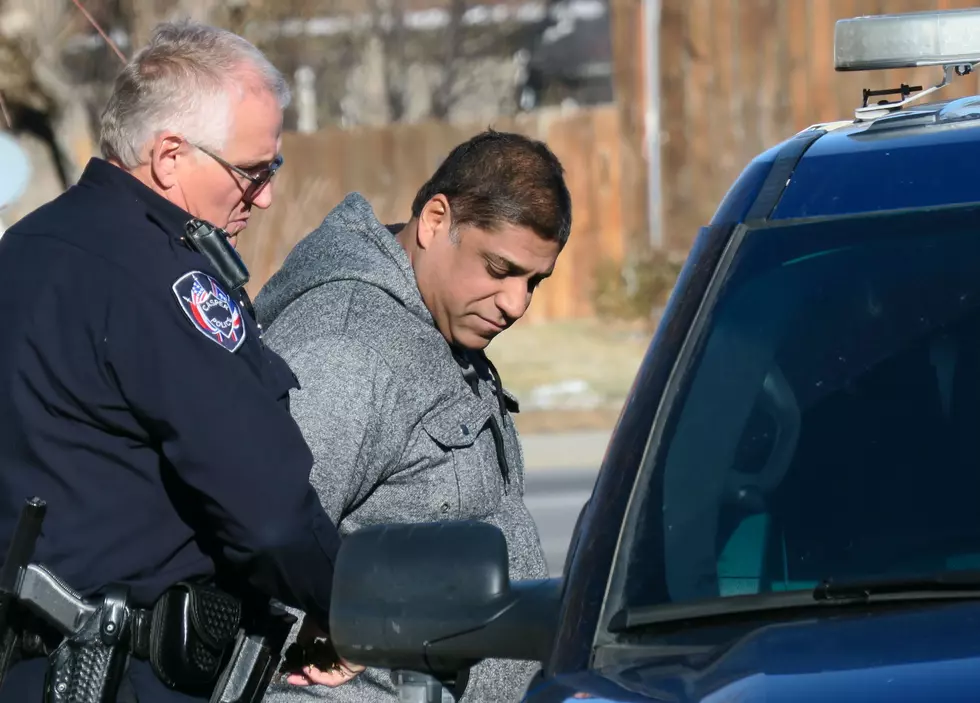
Lawyers for Feds, Former Casper Doctor Make Opening Statements in Drug Conspiracy Trial
Former Casper doctor Shakeel Kahn, like a lot of doctors, should have done a better job of paying more attention to his patients and managing his business practices, one of his attorneys told a jury in federal court on Monday morning.
But Kahn did not act criminally by intentionally prescribing pain medications to hundreds of patients, including one who died from an overdose, Michael Thompson said during the opening statement of the trial for a multi-state prescription drug conspiracy allegedly orchestrated by him and his brother Nabeel Khan.
Rather, the case against him arose because a patient who got caught with having an illegal controlled substance blamed him, and that in turn led to the investigation in which he was charged with 21 counts related to the conspiracy, Thompson said.
The federal government offered other patients and three defendants -- especially his wife Lyn Kahn who wanted his money -- who have pleaded guilty reductions in sentences if they testified against Kahn, he added.
Shakeel Kahn will take the stand in his own defense, Thompson said.
The federal government charged him with prescribing controlled substances outside the standard of care resulting in death, operating a continuing criminal enterprise, having a firearm during a drug crime, money laundering, and using a telephone for a criminal purpose.
If convicted on all counts, Shakeel Kahn faces 45 years to life imprisonment.
If Nabeel Kahn [sometimes spelled Khan] is convicted of the charges against him, he faces a minimum of 27 years to life imprisonment.
During her opening statement before the eight-woman six-man jury, Assistant U.S. Attorney Stephanie Hambrick said the blame rests solely with the Shakeel Kahn, with the assistance of his brother.
"Shakeel Kahn is nothing more than a drug dealer in a white coat," Hambrick said.
Kahn, who did his residency at the University of Wyoming Family Practice Center in Casper, opened his first office as a family practitioner in Fort Mohave, Ariz., she said.
He changed to pain management when his brother went to work for him and showed how much money could be made by writing prescriptions for four main drugs -- oxycodone, hydromorphone [Dilaudid], carisoprodol [Soma], alprazolam [Xanax] -- for cash payments or in some instances trades for guns.
Kahn wrote prescriptions for more than 1 million pills to patients from Wyoming, Arizona, Massachusetts, Kentucky, Oregon and Washington, and some of those patients would travel to Casper, Hambrick said.
Many of those customers would sell their pills so they could support their addictions, but Kahn usually did not follow up with them as part of usual pain management practice, she said.
The prosecution will call its first witnesses Monday afternoon.
More From K2 Radio









